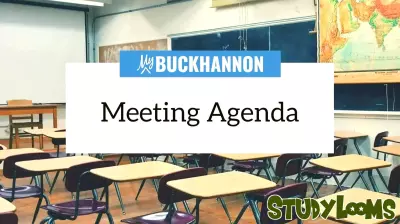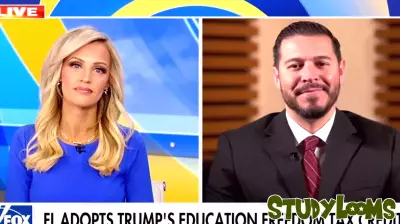August 2, 2025 - 10:16

In response to a recent guest essay discussing the University of Tulsa’s Honors College, readers have shared their diverse perspectives on the future of liberal arts education. The crux of the debate centers around the relevance and practicality of liberal arts in an increasingly technology-driven world. Many argue that a strong foundation in the liberal arts fosters critical thinking, creativity, and ethical reasoning—skills that are essential in any profession.
Supporters of liberal arts education emphasize the importance of cultivating well-rounded individuals who can adapt to various career paths. They believe that exposure to multiple disciplines enhances problem-solving abilities and encourages innovation. Critics, however, question the viability of such programs in light of rising tuition costs and a job market that often prioritizes technical skills over broad knowledge.
As institutions reassess their curricula, the challenge remains to balance the timeless values of a liberal arts education with the demands of modern employment. The ongoing dialogue reflects a broader societal inquiry into the purpose and value of education in shaping future generations.



